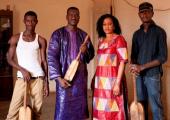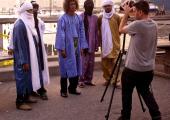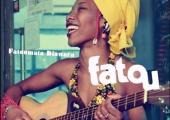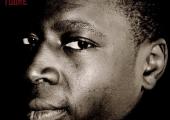Salif Keita, Royal Festival Hall
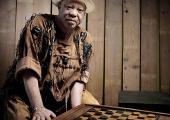
The great Malian singer just misses the target despite having a great new album out
The only time the great Malian singer spoke at any length to last night’s audience was when he said, “I don’t know my birthday. I don’t know the day or the year. So any day can be my birthday. So can you please stand up and dance for my birthday.” So either Wikipedia is wrong about it being 25 August 1949, or Keita has a strange sense of humour. Anyway, his presumably oft-repeated line gets a warm chuckle of appreciation and a third of the audience dutifully get to their feet.

